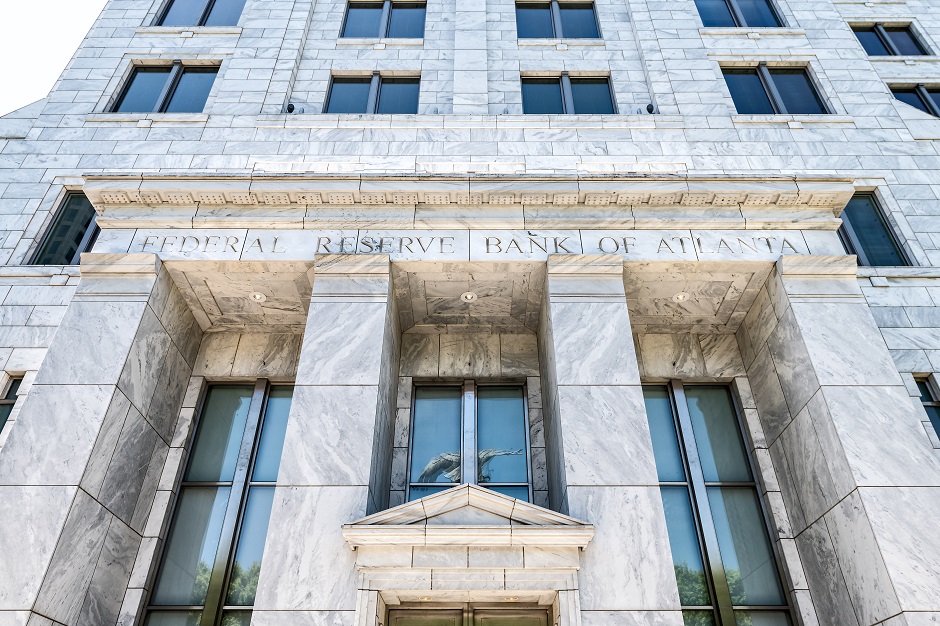Economy News Online
(ASN) — Although one might not expect such a development, given the policies aggressively pursued during thepast few years, the dollar’s rise has been noticeable. News Online
Policies that have suppurred inflation have includede massive increases in the money supply and maintaining record low interest rates.
Also, exacerbating have been the lockdowns and quarantines that have caused problems and disruptions in supplies and services.
The combination of lockdowns, instances of quanatitative easing and disruptions in supplies and services has led to record levels of inflation.
But, of late, central banks, including the Federal Reserve & the Bank of England, have been increasing interest rates, reportedly due to concerns about the very effects their previous policies had engendered.
The spreads between interest rates government bonds are yielding have been increasing.
For example, the ten-year US Treasury bonds have been showing a yield of 3%, whereas 10 year German bonds have been producing a yield of 1.1%.
When interest rates increase, the value of the currency increases, everything else being the same, as investors seek higher yields on government bonds of those countries whose central banks increase rates.
As well, according to news sources, the Federal Reserve is reducing its holdings of government and corporate bonds.
Economy News Online
Starting in March of 2020, the Federal Reserve and other central banks added greatly to their holdings.
Since that date, the Federal Reserve has added over $4 trillion to its holdings.
In particular, whereas on or about February 24, 2020, the holdings of the Federal Reserve stood at $4.2 trillion, on or about January 17, 2022, the holdings of the Federal Reserve stood at about $8.9 trillion.
Another examples is that of the Bank of Japan.
According to Fred Economic Data, as of October 2021, the Bank of Japan’s holdings were about $6.4 trillion or about 725 trillion Yen.
In the early part of March 2020, the Bank of Japan’s holdings were $5.3 holdings. During the period mentioned, the Bank of Japan added over one trillion dollars to its holdings.
A number of corporations have been borrowing money inexpensively and have been purchasing their own shares of stocks, increasing share prices of stocks.

However, with the spectre of runaway inflation, in the context of shortages of goods and services, and embargoes imposed against petroleum supplies produced by Russia, major central banks have been increasing interest rates in the past several months.
Whereas for much of the past year or so, Jerome Powell, the Chairperson of the Federal Reserve, had been saying that there was no concern of runaway inflation taking place, more recently he expressed concerns about increasing levels of inflation.
Recently the US trade deficit increased, in part, because US exports became more expensive as a result of the rise of the dollar’s value compared to a number of other currencies.
US-based businesses that depend mostly on domestic markets do better during such times, however, especially as imports are less expensive when the dollar’s value increases relative to the currencies of other countries.
However, there is also an ongoing concern about the onset of stagflation.
For example, even as inflation increased during the 1970’s, recessions happened.
It took the Federal Reserve’s increasing interest rates to double digit rates before inflation was brought to more manageable levels.
When the Commerce Department reports inflation, it reports that of core inflation, which excludes items deemed too volatile.
Such items include oil, food and other commodities.
Reports of core inflation have the effect of underestimating inflation.
Another cause of inflation’s being underestimated is that of substitutions assumed to be made by consumers; officially compiled statistics assume that consumers will find substitutes for more expensive items.
Whereas he has denied that inflation was a cause of worry, recently Mr. Powell has conceded that there is cause for concern, as inflation rates have increased to levels not seen since the early 1980s.
However, unlike the early 1980’s, when then Chair of the Federal Reserve, Paul Volker, increased interest rates substantially and dramatically, Mr. Powell has been taking an incrementalist approach.
During the past few decades, when interest rates have been kept low and massive amounts of monetary expansion have been implemented, the world’s stock markets have become somewhat addicteed to such monetary policies that whenever there has been talk of increasing interest rates and shedding some of the holdings of the Federal Reserve, markets have reacted negatively.
Underlying this reality has been worry among investors that were the policies of the early 1980s to return, stock markets around the world would crash.
In April the US Consumer Price Index showed that prices were about 8.6% higher in March than prices were a year earlier.
Those increases were not experienced since 1981, according to the report.
As a consequence of the Federal Reserve’s recent increases in interest rates, yields on 10 year Treasury bonds have increased to over 3%, the highest level in about four years.
The rate noted is even greater than yields of China’s government bonds.
In general, the combination of harsh lockdowns & quarantines, the closure of “non-essential” businesses, unemployment, until recently expansive monetary policies, low interest rates and, more recently, stringent sanctions against Russian exports, for example, petroleum, have increased interest rates to record levels, harming consumers and many businesses around the world.
News Online Economy
Associated News Services

